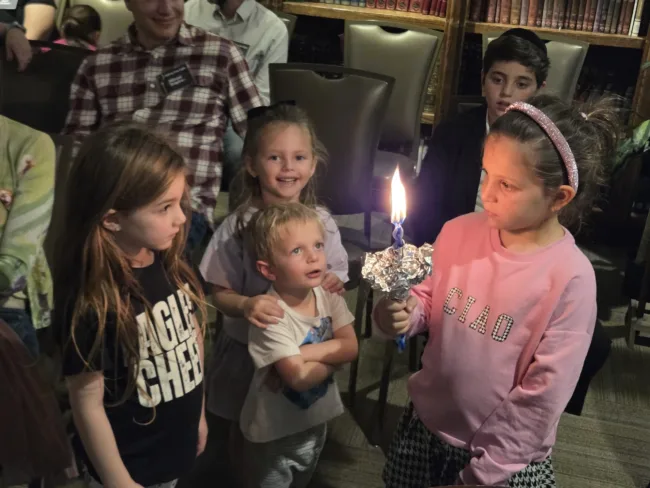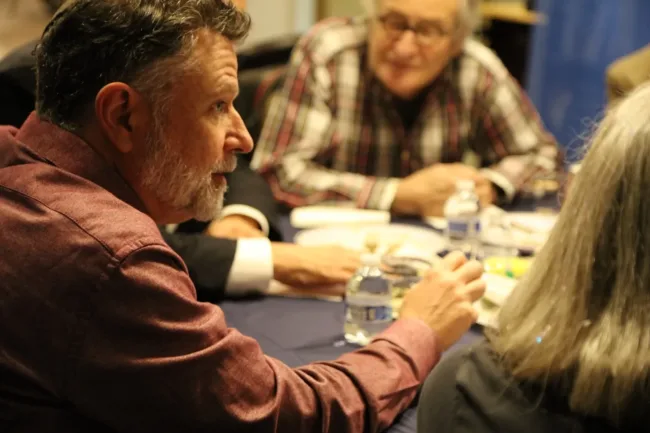On the run!
Yaakov is poised to encounter his nemesis, Eisav and the anticipated encounter may be volatile. He davens to Hashem, prepares for battle and sends a large gift to his brother attempting to assuage his anger. In his prayer Yaakov mentions that with his staff he crossed the Jordan River.




